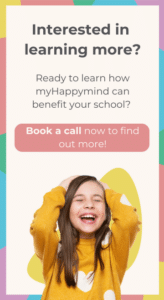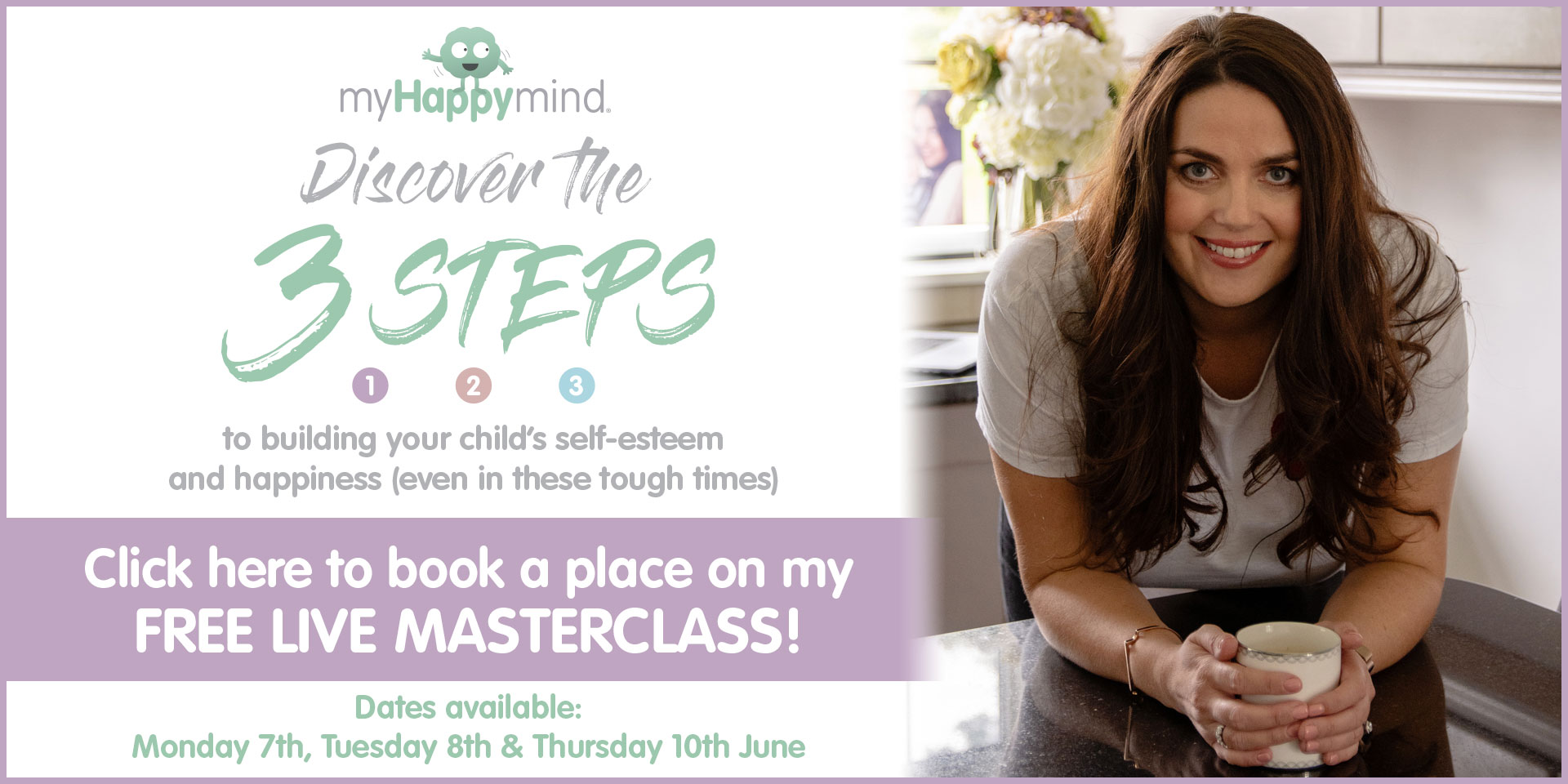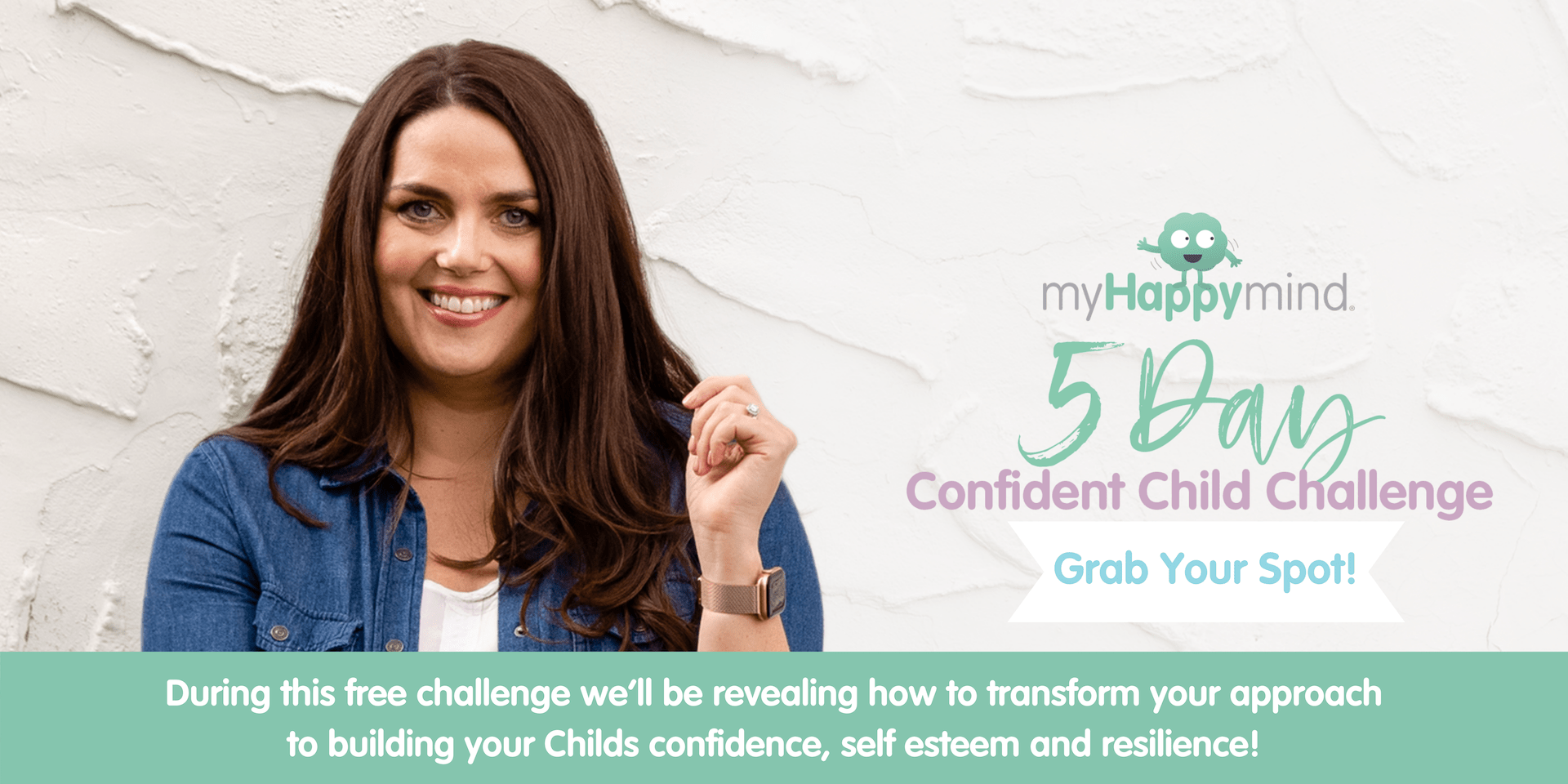Why It’s Time to Rethink Mental Health in Primary Education
For too long, mental health support in primary schools has been reactive rather than proactive. Teachers and school staff often find themselves firefighting, managing behavioural issues, supporting children in emotional distress, and trying to meet rising needs without the tools or time to get ahead of the problems.
This crisis-led approach is taking a toll. It puts immense pressure on staff, leads to poorer outcomes for pupils, and results in more referrals to already overstretched services.
But what if we flipped the script?
What if we focused on prevention, equipped children and staff early on, built emotionally healthy classrooms, and embedded support before challenges escalated?
In this blog, we’ll explore how prevention is helping schools move from firefighting to future-proofing, and why it’s the future of early help and intervention for mental health in schools.
The Problem with Firefighting: Why Reactive Support Isn’t Enough
Right now, many primary schools are operating in a reactive cycle. That means:
🚨 Waiting for behaviour to escalate – instead of addressing early signs of distress.
🚨 Growing dependence on referrals – CAMHS and other services are under pressure, with long waits and limited access.
🚨 Teacher stress and burnout – staff are stretched thin, often feeling unprepared for the emotional needs of the children, which they face daily.
🚨 Inconsistent pupil experience – without a whole-school approach, support varies class to class and day to day.
The outcome? A cycle that leaves teachers exhausted, children unsupported, and long-term outcomes compromised.
Testimonial: A New First Line of Support
“myHappymind has been a positive first point of call for staff to use when any children have been struggling with their emotions and feelings. A whole-class approach in every year group has helped teachers to support children to regulate more easily. This has meant that significantly fewer teachers have come to me as the Mental Health lead wanting to refer children to mental health support services.”
Woolston Community Primary School
Futureproofing Primary Schools: The Power of Prevention
Prevention means giving children the skills, staff the confidence, and schools the culture to support mental health from the start.
A preventative approach in primary schools means:
✅ Helping children build emotional literacy, so they can name and manage emotions and navigate friendships.
✅ Empowering teachers with the knowledge and strategies to respond confidently and proactively to a child’s emotional needs.
✅ Embedding a whole-school culture where wellbeing is part of the everyday, not an add-on.
✅ Reducing the load on external services by addressing needs early and consistently.
How Prevention Transforms Schools: Stories of Change
Across the country, primary schools who are making the shift to prevention are seeing powerful results.
Case Study: One School’s Transformation
🔹 Before: Difficulties with emotional regulation among SEN pupils, low self-esteem, and challenges with classroom participation.
🔹 After: Pupils using self-regulation tools like Happy Breathing improved confidence, participation, and a more inclusive classroom environment.
“A pupil with social communication difficulties now uses Happy Breathing to stay calm during group work, improving their ability to participate.”
– Bankfoot Primary School
Why Prevention Is the Future of Primary Mental Health
Schools that invest in prevention are laying the foundations for long-term success, not just for pupils, but for whole communities.
🔹 Children build emotional resilience, giving them lifelong tools for mental wellbeing.
🔹 Specialist services are used more effectively, with fewer crises, and referrals become more targeted.
🔹 Teacher wellbeing improves, with less stress and more clarity about how to support pupils.
🔹 Learning outcomes improve because regulated, emotionally secure children are ready to learn.
With national guidance increasingly highlighting prevention, now is the time to make it a reality in every school.
It’s Time to Act
We have a choice: keep firefighting, or build something better. Primary schools that have made the shift to prevention are already seeing the difference. You can too.
The future of school mental health starts here. Let’s stop reacting and start futureproofing.
My Happy Mind: Help your child build life-long confidence and resilience

By Laura Earnshaw
My Happy Mind is the first book from our founder Laura Earnshaw. The book reveals all the science-backed secrets used in our curriculum to empower and educate parents — whether your child is struggling already, or you’re interested in future proofing their mental health, there’s something in here for everyone.



You Can Do Anything!:
Find your happiness. Chase your dreams. Be unstoppable.
Written in collaboration with laura earnshaw
Whether it’s sport, art, maths or just spending time with friends, this book will help young readers discover what it is they love and how they can harness this to achieve whatever they want in life.
Written in collaboration with children’s mental health expert Laura Earnshaw, this empowering book is packed full of Jonnie’s own stories alongside practical tips, tricks and journaling opportunities.



